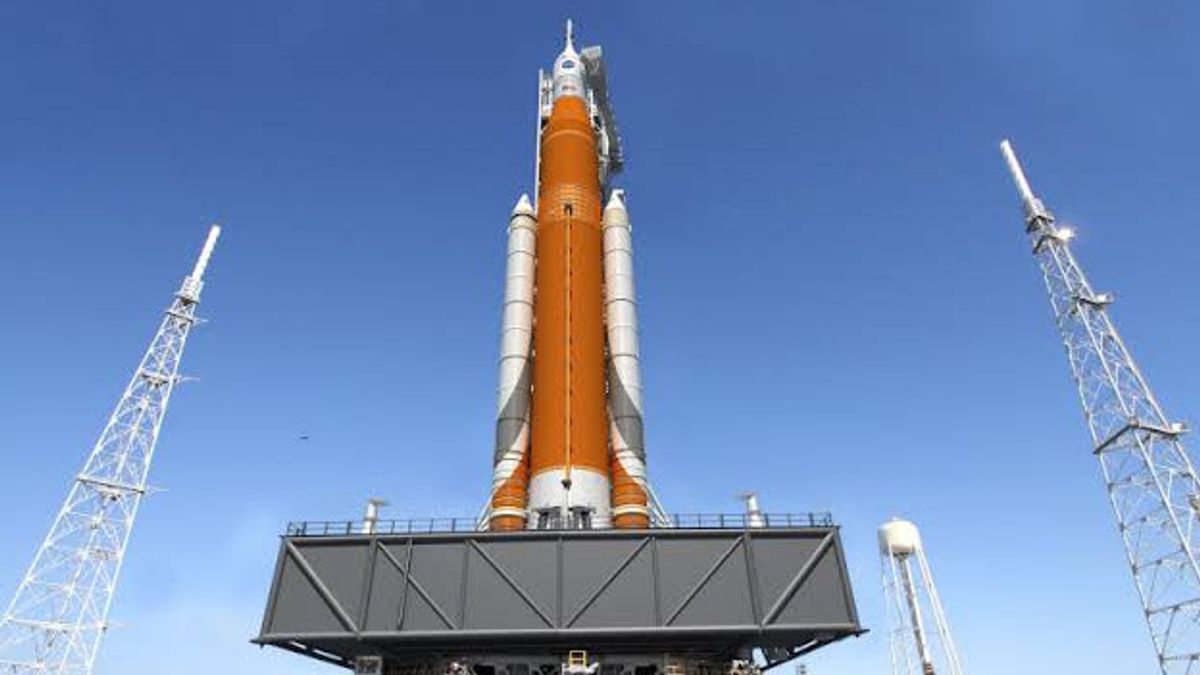JAKARTA - NASA's United States Space Agency (US) has the latest schedule to launch a historic mission to the Moon, Artemis I, which was previously delayed.
On September 3, it was actually the launch date of Artemis I, but because the Space Launch System (SLS) rocket experienced a leak problem, the launch was postponed.
Now, Artemis I is scheduled to launch no earlier than Tuesday, September 27, at 11:37 EDT (1537 GMT) from Launch Complex 39B at NASA's Kennedy Space Center in Florida and a reserve date of October 2. Meanwhile, the refueling is scheduled for Wednesday, September 21.
"The updated date represents careful considerations of several logistics topics, including added value having more time to prepare for a cryogenic demonstration test, and further time to prepare for launch," NASA said.
This just in: Our #Artemis I flight test around the Moon will launch no earlier than Sept. 27, with a backup opportunity of Oct. 2 under review.See the blog for details about ongoing work and testing, and potential launch windows: https://t.co/v3dY3xql7J pic.twitter.com/JclWbUonEW
— NASA (@NASA) September 12, 2022
Currently, NASA engineers have fixed leaks on the fuel channel interface of the Artemis I SLS rocket. The pad technician replaced the seal on the 8-inch channel used to charge and drain liquid hydrogen on the SLS core booster, as well as on 4-inch channels that had separate leaks.
For information, Artemis I will be NASA's first major step towards returning astronauts to the lunar surface. Artemis I will be the first test flight of a new SLS megaroket and Orion crew capsule.
The SLS rocket will launch its unmanned Orion spacecraft on a mission of about 42 days, in which it will orbit the Moon before returning to Earth.
Launching CNET, Wednesday, September 14, it is clearer, this mission will not carry astronauts, but there are many things that support its success, including plans to land people on the Moon in the near future in 2025.
Orion is filled with things like Amazon Alexa, the TV character Shaun the Sheep, mannequins, mini satellites and most importantly, tons of navigation equipment and data collection.
This special instrument in Orion will track important information about the spacecraft's trajectory, safety, radiation absorption and others that will essentially map future mission routes, such as missions with crews of Artemis II and Artemis III 2025.
The English, Chinese, Japanese, Arabic, and French versions are automatically generated by the AI. So there may still be inaccuracies in translating, please always see Indonesian as our main language. (system supported by DigitalSiber.id)










